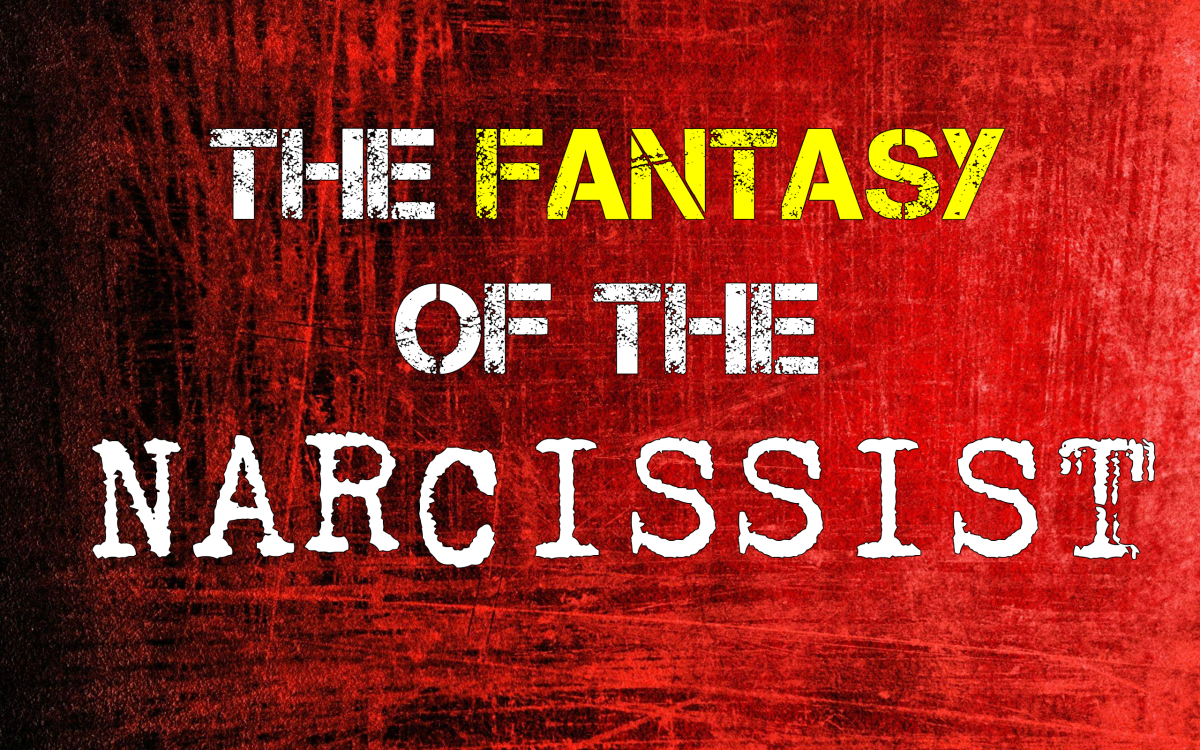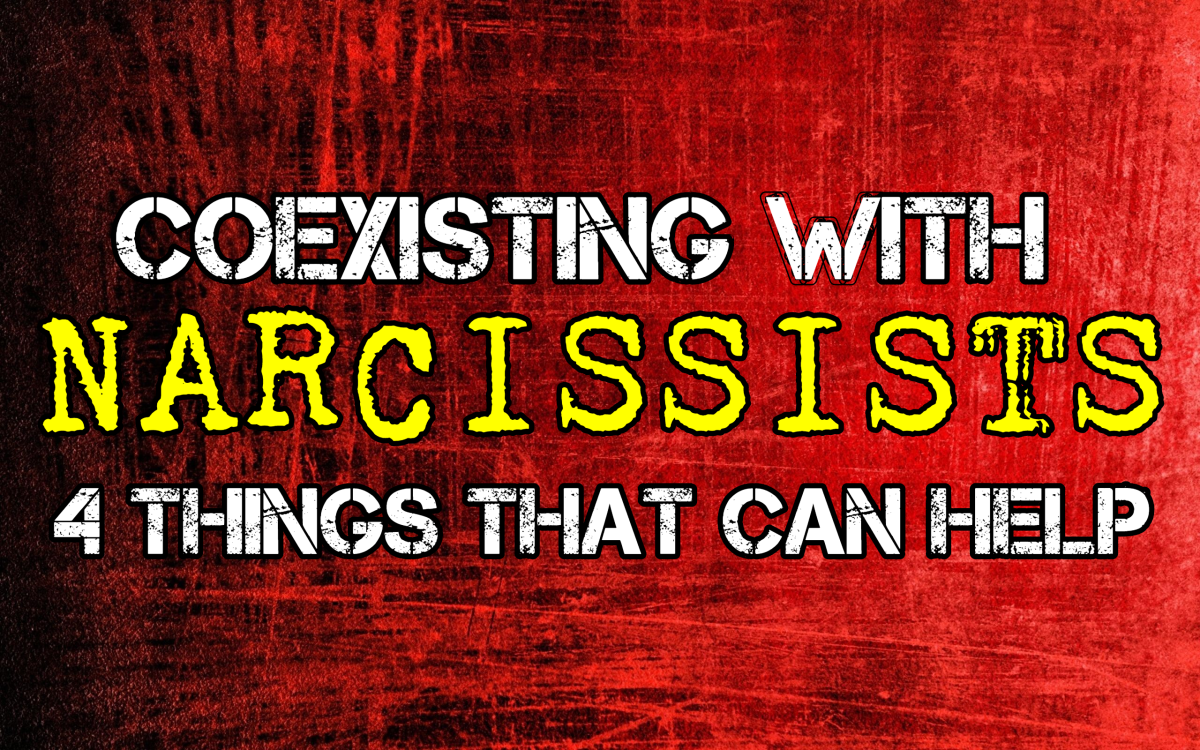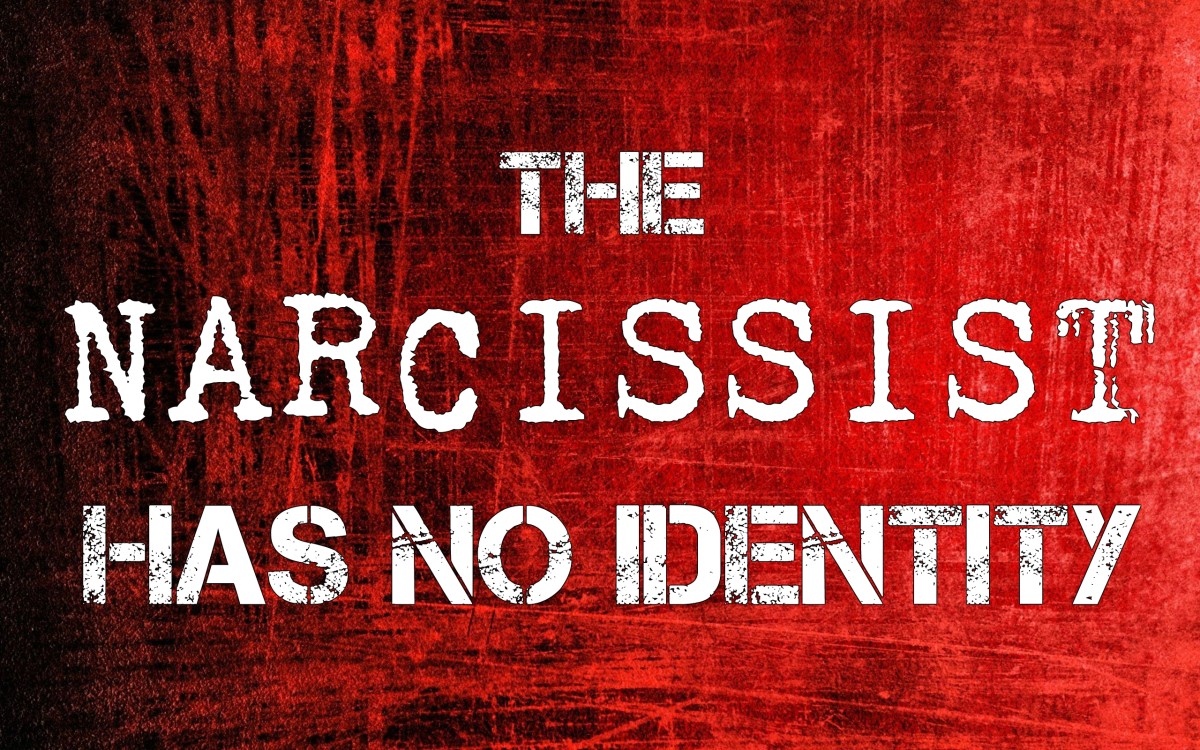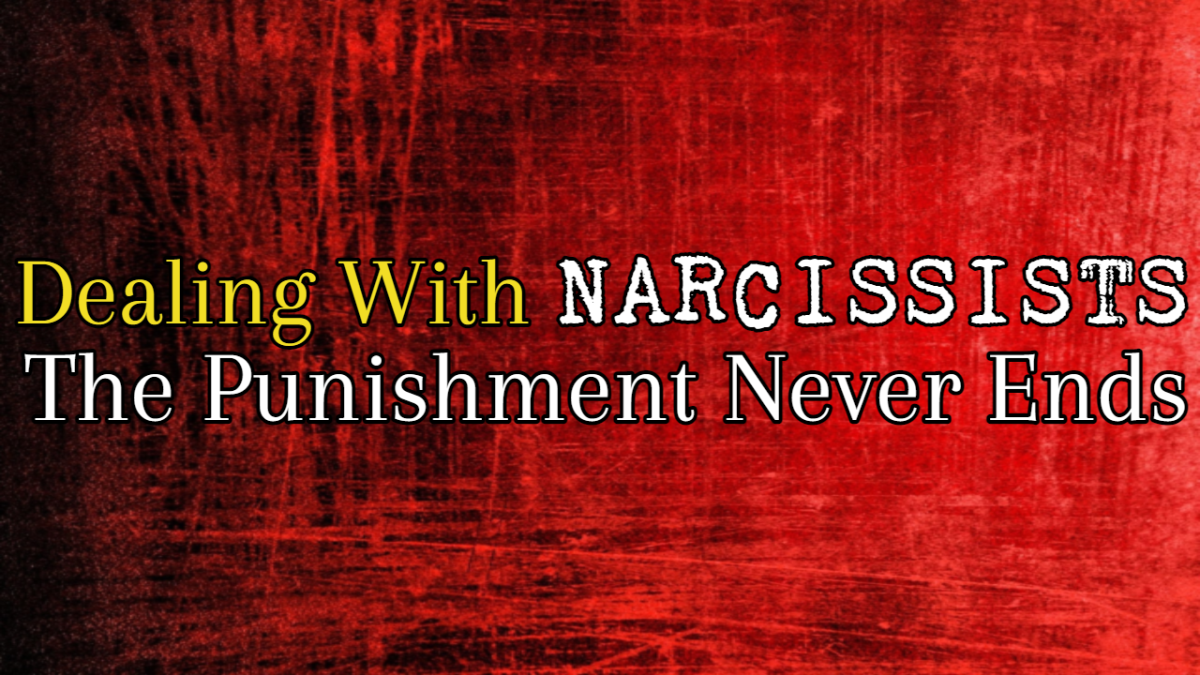- HubPages»
- Health»
- Mental Health»
- Personality Disorders
Realizing You're Dealing With a Narcissist
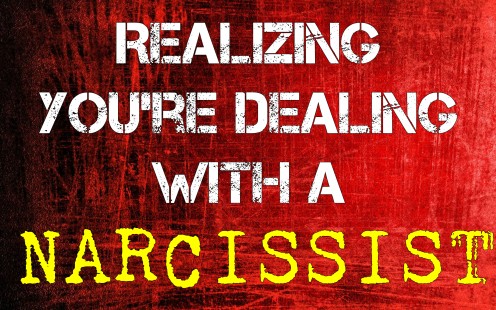
When someone encounters a pathologically narcissist individual, they often get a sense that something is not right with this person. If the narcissist is a family member, such as a parent, people may start to realize the narcissist is different from others as they mature. This observation can sometimes override someone's knowledge that the narcissist's behavior is abusive, because they can clearly see something is wrong and they want to help. This is the trap that many people get stuck in. It may be how you found this article: you are looking for answers. If you've found them here, sorry to hear that. Hopefully reading this can help you understand what's going on a little better.
Because of people's own intrinsic humanity, the narcissist's behavior may be reframed into a context that is better-understood by the victim. For example, when telling the narcissist that their behavior is hurtful does not stop the behavior, it is often assumed that the narcissist does not understand. This is because the victim's own basic humanity dictates that if someone says they care about another person and are told they are hurting that person, they will stop the hurtful behavior. When this doesn't happen, the victim is forced to reinterpret the behavior into something they can understand. The narcissist must not understand. This is how people find themselves explaining basic concepts like respect, consideration, taking turns, sharing and manners over and over again to a grown adult. People often believe that if they can simply find the right way to explain it, the light bulb will go off in the narcissist's mind and they will finally understand. This will lead to the hurtful behavior being stopped.
It is the victim's own re-framing of the behavior that has largely caused the misunderstanding, although the narcissist usually does not try to dissuade them. The truth has been in front of them the whole time, but because it is so foreign to their experience, they don't recognize it. After they've been exposed to it for a time, they should realize but many times they don't because they don't want to. Their entire life has become about reaching the narcissist and fixing this problem. This is why so many find it so hard to let go of the relationship. Not only is there usually a trauma bond - which is very powerful - but they've been denied the gratification they have worked and waited so long for. It can be very hard to walk away from that. There is no satisfactory conclusion to the situation, no closure and no happy ending. It's just an endless cycle that never goes anywhere. People in a relationship of some kind with a pathological narcissist can feel the relationship has never progressed and that they never got any closer to the narcissist or knew them any better than when they first met - even after years have gone by. This is partly because the narcissists rejects all true forms of intimacy, but it is also because who the person was trying to get to know was not real. There is no depth to the narcissist's facade. It's a superficial mask designed to hide the narcissist's true self. There is nobody to know. They are empty and void of identity.
People searching for answers as to what is wrong with their loved one - because something clearly is - often come across information that is very troubling, even appalling. They may be in denial for quite some time, because though it's often a relief to be validated, the reality of pathological narcissism is very distressing. It's shocking, it's hurtful and it's embarrassing. How could I not know? Why didn't I see it? How could I have been so stupid? These are logical feelings and questions to ask yourself, but they miss the point. You're a human being, that's all. You believe in the basic humanity of other human creatures. That's why you didn't see it. Why you put up with abuse - for any reason - is a different question. But it's one that can be answered in time. Dealing with the shock of all these realizations is hard enough.
Because it's not just one realization. It's many. The first is usually that there really is something wrong with this person, and it's not just you. That one is often a relief. The second and hardest is usually the realization that this person does not care. Not the way you thought, not in any way at all. The third - which usually comes very close to the second or even simultaneously - is that even though you found the answer, there is no solution. All the time you spent looking for answers and trying to get through to this person hoping that with the answer came the solution was for nothing. There will not be a happy ending. This is often a very large letdown and very hard to internalize emotionally. Many people cannot get past it. They cannot let go of the hope. They cannot accept that their time was wasted on someone who doesn't care at all. They may decide to ignore the truth and stay in the same situation, still pushing for that satisfactory outcome they believe is possible. This is totally understandable, but it's dangerous. You can stay in a relationship with a pathologically narcissistic person if you choose. There's no law against it. But you are only hurting yourself if you don't have realistic expectations. A person can only be taken for a fool once. After that, they know better. Staying in a relationship hoping the other person will change so that you don't have to is no way to live. It's unhealthy and you deserve better than that. Don't be afraid of change.
Once the shock of the realization wears off - and it can take a long time - the recovery can begin. Often people are able to see things a little more clearly here and they come to understand that it wasn't a waste of time. Nothing is ever a waste of time if you learn and the lessons taught by narcissistic relationships have the power to help us grow immensely if we are able to be honest and accepting of the truth. Don't beat yourself up for not seeing it sooner or for not leaving sooner after you realized. It took as long as it needed to take for the lesson to really stick. And now it will. If you think about it, that is probably the narcissist's single biggest function: to show people how much more they need to love themselves.

